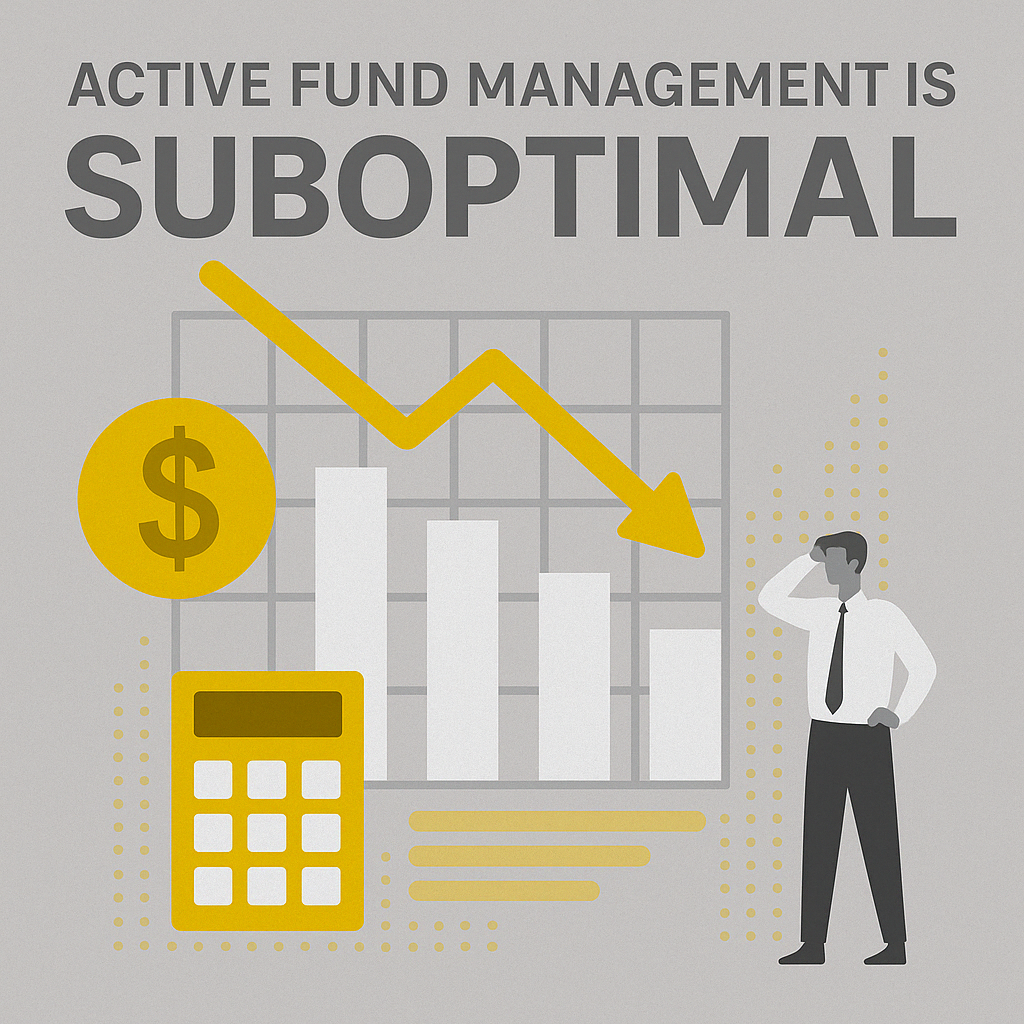Featured and Latest Posts

How Often Should You Rebalance Your Portfolio?
How often should you rebalance your portfolio? While many investors treat rebalancing as routine, research by Jeremy Siegel suggests that leaving portfolios untouched—particularly when it comes to broad indices like the S&P 500—can actually lead to superior long-term returns. This post explores the trade-off between managing risk and letting winners run, and asks whether doing less might sometimes achieve more.

The Hidden Costs of Indexing: What Investors Should Understand
Index funds like Vanguard’s VTI are often praised for their low fees, transparency, and diversification — and for good reason. But beneath the surface of these low-cost strategies lie hidden frictions that can quietly erode investor returns. This article explores the lesser-known costs of index investing: from forced trading and front-running to adverse selection and sector concentration. It also highlights how Dimensional Fund Advisors (DFA) takes a smarter, more flexible approach — using patient, systematic trading to avoid these inefficiencies and deliver more cost-effective exposure to the market. For investors who want to stay passive but get more from their portfolios, understanding these hidden costs is key.

Can Active Fund Managers Consistently Outperform the Market? (Part One)
Active fund management has long promised to beat the market—but does it deliver? This post explores the evidence behind active versus passive investing, unpacking costs, market efficiency, and the realities of stock selection. Backed by research and real-world data, it challenges the assumption that active managers can consistently outperform their benchmarks.

Can Active Fund Managers Consistently Outperform the Market? (Part Two)
Whilst some active fund managers have delivered exceptional returns, the data show that they are few and far between. In this follow-up to my previous post, we explore whether true skill exists in active management—and if so, whether ordinary investors can realistically access it. We examine the case of Baillie Gifford, Warren Buffett’s performance, and SPIVA data to assess whether beating the market is a repeatable skill or a rare exception.


Good financial decisions aren’t about predicting the future—they’re about following a sound process today.
In investing, outcomes are noisy. Short-term performance often reflects randomness, not skill. Yet fund managers continue to pitch five-year track records as if they prove anything. They don’t.
As Ken French puts it, a five-year chart ‘tells you nothing’. The real skill lies in filtering out the noise—evaluating strategy, incentives, costs, and behavioural fit.
Don’t chase what worked recently. Stick with what works reliably.